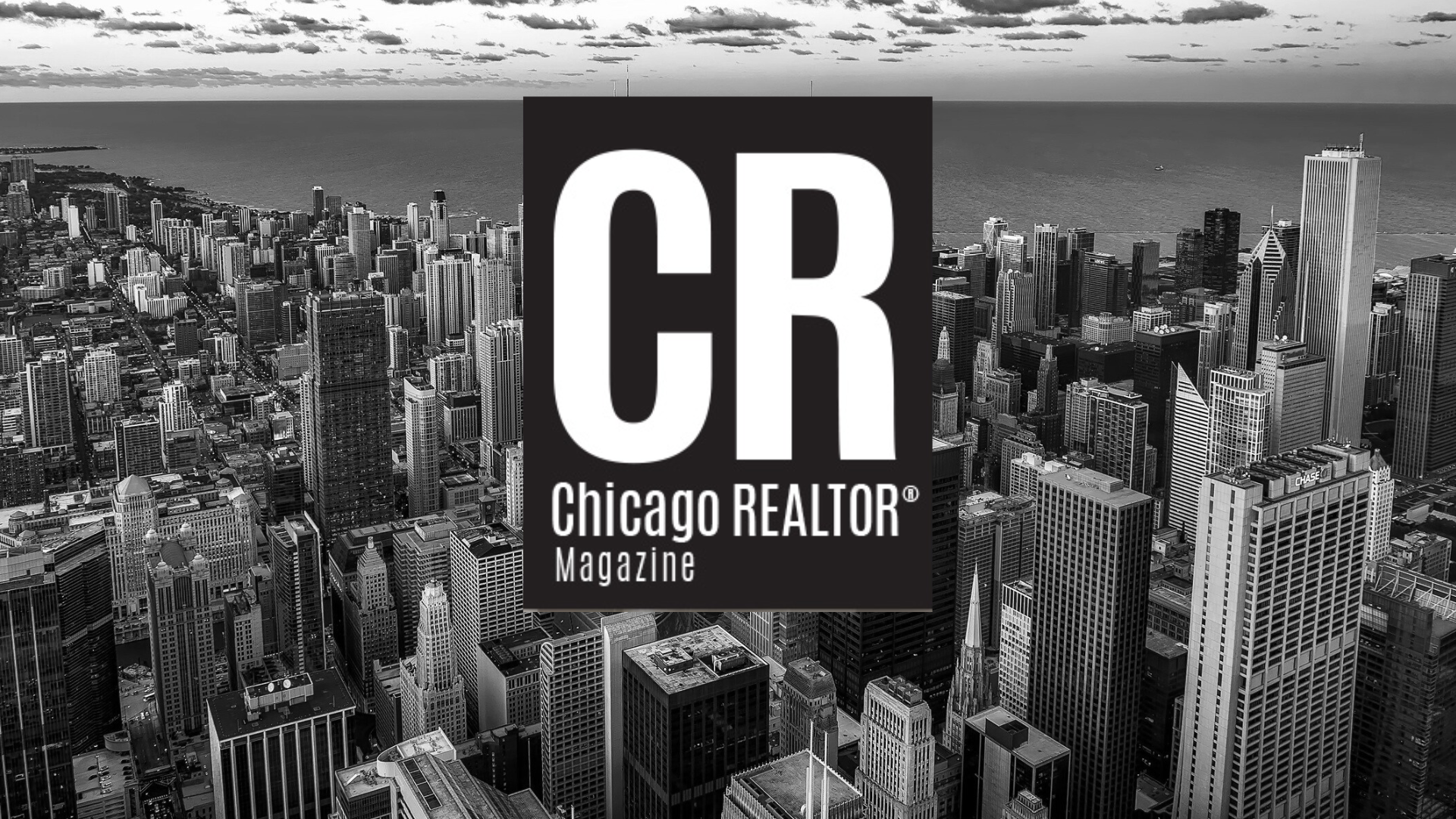With the new license law update comes changes not only to your CE requirements, but also advertising ones.
As REALTORS®, we have an awesome job — we get to help guide people every day through what is often the biggest financial investment of their lives. As a result, we have a duty to the public to represent ourselves and our industry truthfully — this is our promise of professionalism.
Advertising and social media are powerful tools in your toolbox — but advertising violations are one of the most common complaints we get from REALTORS® and the public. It’s your duty to ensure you’re in compliance with the Code of Ethics as well as Illinois license law.
Here are a few do’s and don’ts relating to advertising and social media to keep in mind so that you don’t find yourself on the end of an ethics complaint.
DO: IDENTIFY YOURSELF CORRECTLY.
We see quite a few violations of this nature, and it’s a simple thing to forget. But, you must always follow license law and identify yourself properly.
One of the biggest changes as it relates to advertising in the updated license law is that your name and your team name cannot be any bigger than your brokerage company’s name in an advertisement. This is meant to underscore that the public should know when and if they are dealing with a license real estate brokerage company, as well as that a team is a group that works within the sponsoring brokerage company, rather than being their own separate company.
Don’t forget: if you are claiming that you have a certification or designation, please make sure these are up to date — you must pay the fees and renew them annually to avoid penalties. Another thing to keep in mind: if you market properties on your personal page, then you must follow advertising guidelines there, too!
DON’T: FORGET THAT LICENSE LAW & THE CODE OF ETHICS STILL APPLY ONLINE.
The online world is not separate from the real world — and everything you post online creates a record, so even if you post something and delete it later, there is no guarantee that it truly “goes away.” Because of this, be extra cautious and conscientious of your online activity.
Your business pages on social media should follow standard advertising guidelines. Steer clear of anticompetitive discussions or innuendo regarding pricing or collusion among competitors to boycott. Ensure you are complying with all fair housing rules and regulations.
And keep in mind: it doesn’t matter if you have 10 followers or 10,000 — your personal page is still a reflection of who you are as a business person. Please take care to not defame, disparage, bully or harass other brokers or offices on your personal page — someone will see it, and report it. If you have disagreements, our dispute resolution process is here for you! And no one has ever come out looking rosy after a comment war. Trust us. If you post business information on your personal page, then your personal page needs to be in compliance with standard advertising guidelines, as well.
Outside of license law and the Code of Ethics, check your brokerage’s social media policy. If they don’t have one — we highly suggest they create one. Illinois REALTORS® has an example policy to get you started. If you follow applicable laws, regulations, office policies and common courtesy, the likelihood of having an ethics complaint due to your online activity is slim.
DO: FOLLOW THE ONE CLICK RULE
The license law is now more aligned with the Code of Ethics in the “one click” rule! What does that mean? A real estate licensee or brokerage can create a link — and so long as all the required information is contained in the content that populates on the device being used as a result of that “click,” the content will be compliant with license law.
DON’T: MISREPRESENT OR EXAGGERATE.
Keep all information that you post about yourself, your business and your properties up-to-date, truthful and as complete as possible.
A common complaint we receive is that a REALTOR® is misrepresenting or exaggerating property features. This is in violation of the act’s mandate that advertising not be false, deceptive or misleading in any way! Ensure your listings are an accurate reflection of reality — and avoid the temptation to make something sound fancier than it is. For example, not all carpet is custom carpet! And, square footage should be an actual representation of the square footage, not just a guesstimate. This is all part of our promise of professionalism.
On occasion, we also see individuals advertising that they are the #1 REALTOR® in Chicago! — Please don’t do this. You cannot make misleading statements to consumers. It is a violation of license law as well as the Code of Ethics.
Be truthful. Only state what you can back up with facts. And, ensure you have contact information readily available so that you may be notified of inaccurate or inappropriate content that might be added to your site.
DO: RESPECT COPYRIGHT LAWS.
If you didn’t take the photo yourself, you need written permission to use it. Even if you’re posting on social media, you need to credit creators — copyright laws always apply! Don’t steal images from independent contractors, social media feeds you follow or Google — check your agreements before you omit credit. Don’t repost images of a dream bathroom without crediting the source — better yet, ask permission to share!
DON’T: MANIPULATE LOGOS OR TRADEMARKS.
This ties into the “ask permission” and “respect copyrights” — be sure you are allowed to use trademarks or logos BEFORE you go through the design process. Most businesses will have trademark and usage guidelines (the National Association of REALTORS® does!) — follow them! They are there for a reason. Just as you would like your logo respected, please respect others.
DO: TAKE TIME TO EXAMINE YOUR MARKETING MATERIALS
With these new changes to the license law, take the time to audit your advertising materials. Make sure you are representing yourself well and that your ads are accurate, fair and in compliance with both license law and the Code of Ethics. Our industry will be better for it!

Use an advertising checklist to ensure you’re in compliance with license law changes.







